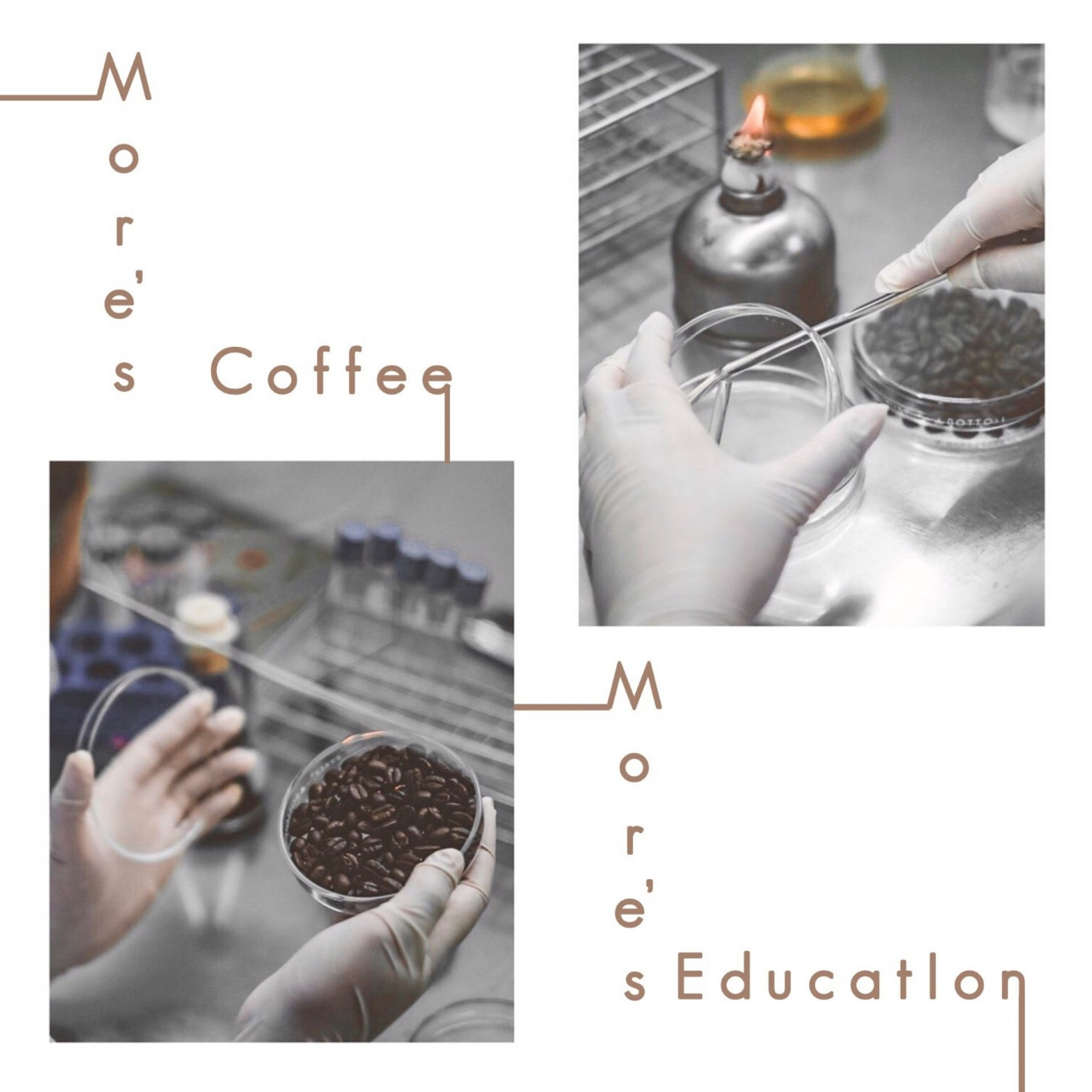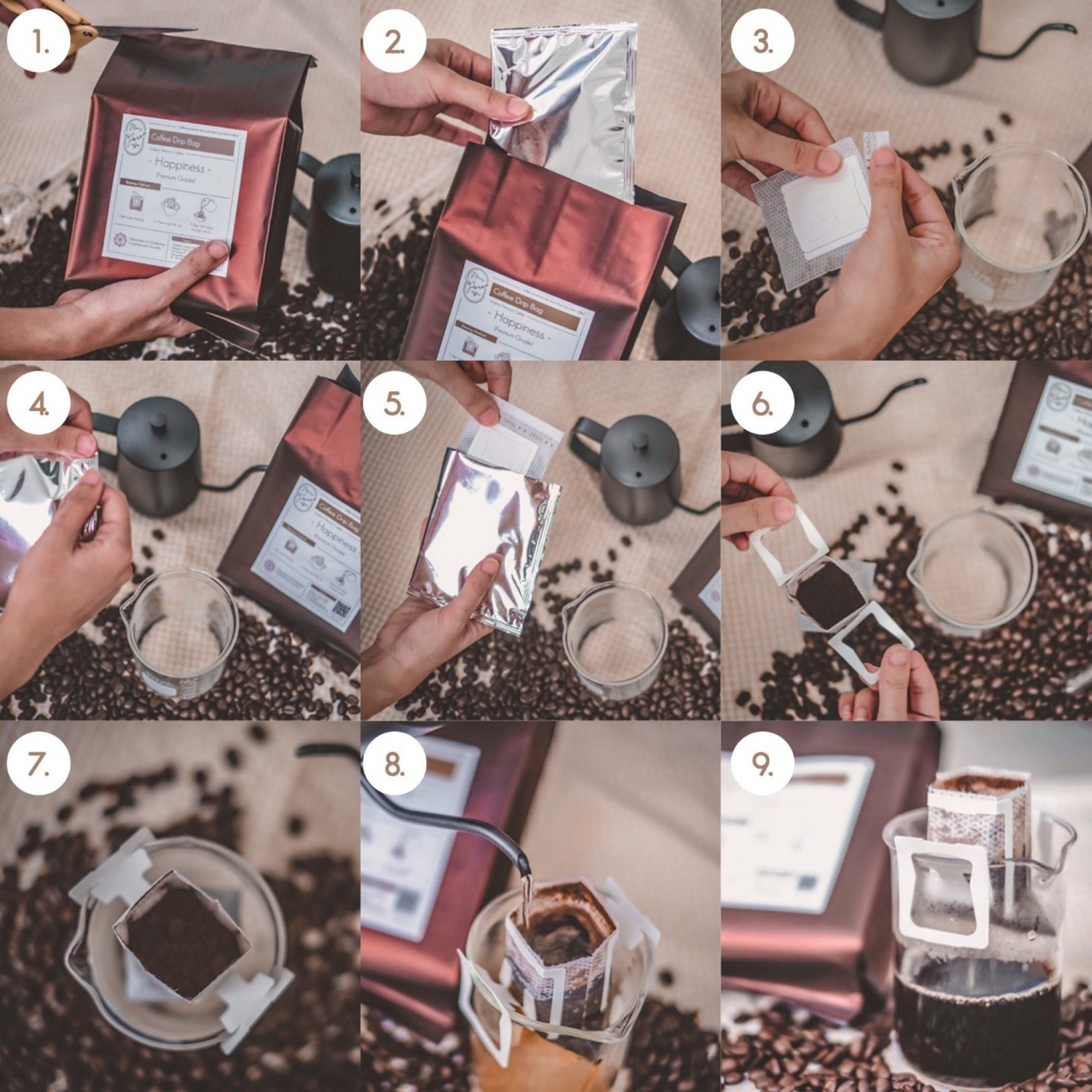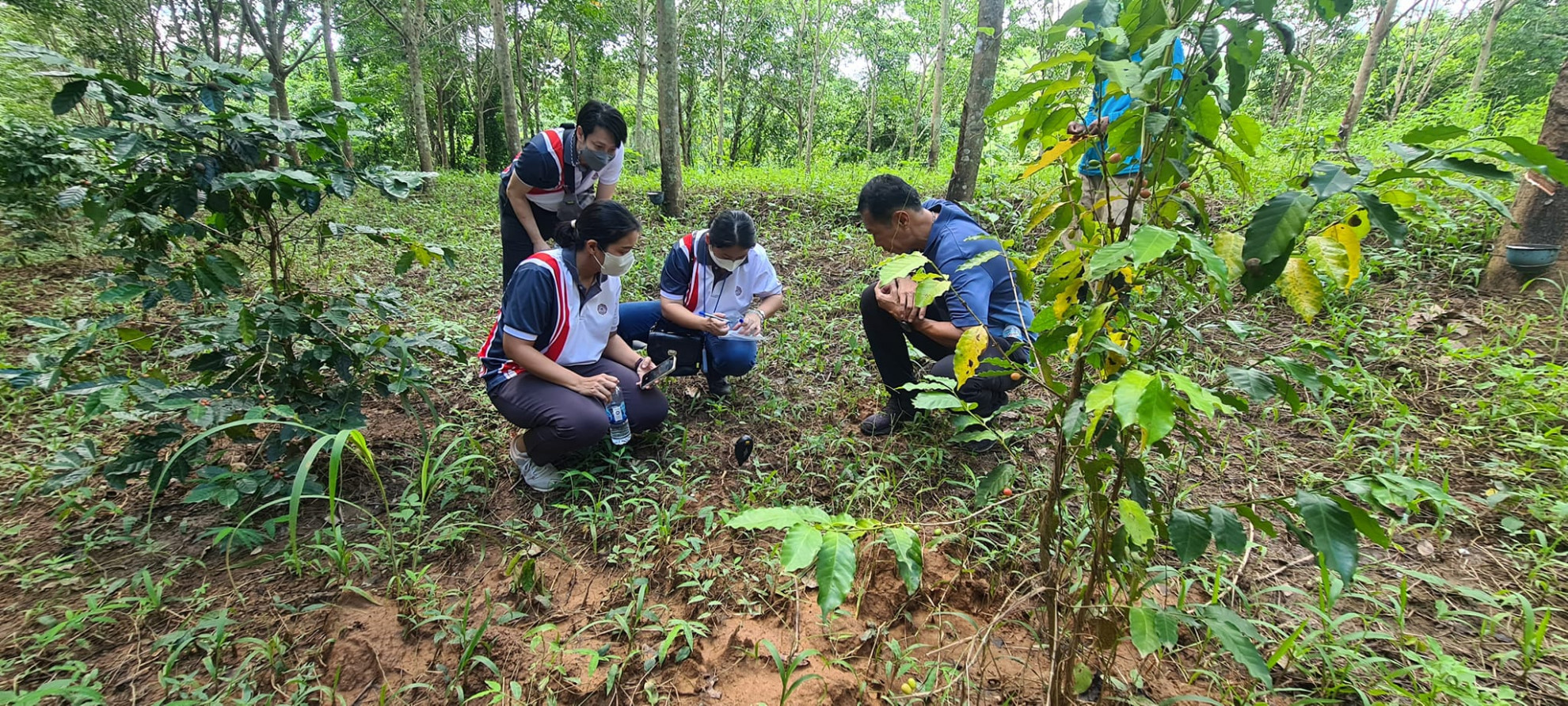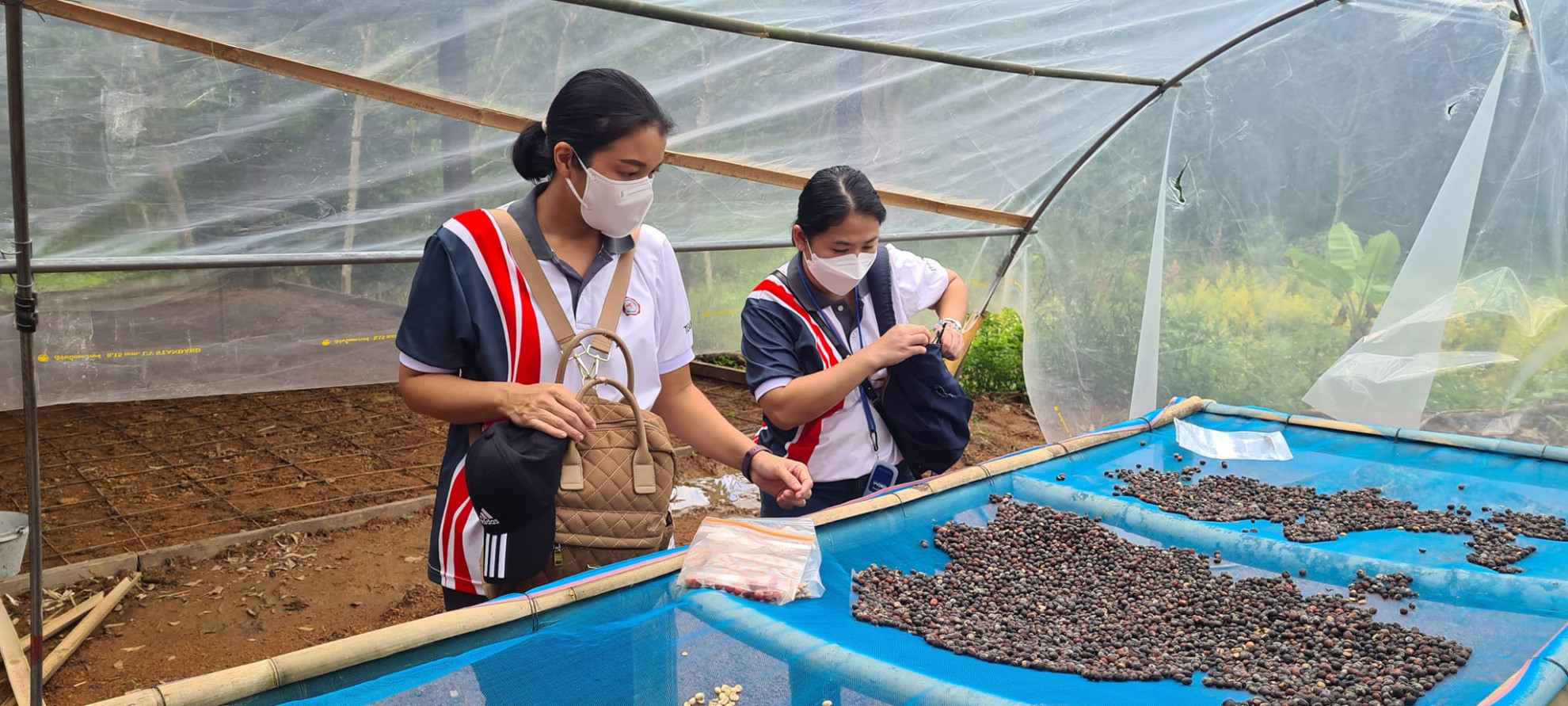





| Target | Indicator | Result |
|---|---|---|

SDG 2
ZERO HUNGER
|
||
| 2.3 By 2030, double the agricultural productivity and incomes of small-scale food producers, in particular women, indigenous peoples, family farmers, pastoralists and fishers, including through secure and equal access to land, other productive resources and inputs, knowledge, financial services, markets and opportunities for value addition and non-farm employment | 2.3.1 Volume of production per labour unit by classes of farming/pastoral/forestry enterprise size | Thailand has 87,159 rai of Arabica coffee cultivation, which can produce 8,553 tons of coffee per year, or 0.098 tons per rai per year. |
| 2.3.2 Average income of small-scale food producers, by sex and indigenous status |
Normally, the price of raw coffee (green beans) is 95.41 baht per kilogram, equivalent to 95,410 baht per ton, or 9,350 baht per rai per year. After developing the Arabica coffee production process from this research, coffee prices can be increased by 5-10 times or 46,750-93,500 baht per rai per year. |
|
| 2.a Increase investment, including through enhanced international cooperation, in rural infrastructure, agricultural research and extension services, technology development and plant and livestock gene banks in order to enhance agricultural productive capacity in developing countries, in particular least developed countries | 2.a.2 Total official flows (official development assistance plus other official flows) to the agriculture sector | Department of Agriculture under The Ministry of Agriculture and Cooperatives has assisted Arabica coffee farmers by providing knowledge on the correct cultivation and production of coffee, as well as researching, developing and transferring relevant knowledge to farmers. Moreover, Coffee innovation research unit supported by Srinakharinwirot University has also assisted, advised and supported farmers by giving knowledge and developing on post-harvest process of arabica coffee. |
Coffee is an important agricultural product for many decades around the world. Nowadays, the coffee industrial has been growing up every year and 3rd wave coffee is very impact to the coffee quality in every dimension. Thailand is one of a coffee plantation since 1971. Arabica coffee is growing widely throughout northern of Thailand in a different area and elevation. Thai farmers have various methods to process their coffee cherry and wet process is normally used to make the consistent quality. There are many factors that influence the final beverage, and the action of microorganisms is one of them. Coffee aroma is affected by numerous factors from farm to cup. Post-harvest coffee processing has a significant impact on coffee aroma and flavor. However, it is still deficiently addressed. With optimized parameters and appropriate starter cultures for fermentation during mucilage removal in wet-processing, fermentation can impart desirable attributes to the corresponding coffee aroma while uncontrolled fermentation inevitably leads to off-flavors. The microbial metabolites produced in this period can diffuse into the grains and influence the beverage final quality. It was found that the employment of a selected culture for fermentation during coffee processing enhanced the quality of coffee aroma compared to coffees produced from fermentation involving indigenous microflora. This study shows that microorganisms can affect the final beverage flavor quality and help the coffee process to be more consistent.
This project is provided under "Coffee innovation research unit at Srinakharinwirot University". This year, we focus on providing knowledge on the correct cultivation and production of coffee, as well as researching, developing and transferring relevant knowledge to farmers. We succeed in providing knowledge on the post-harvest process to arabica coffee farmer in Loei Province, Thailand. Up to date, the farmer can exhibit coffee prototype and create the brand "Loei La Or, organic coffee bean". In the future, we cooperate with the farmer to use our research work to improve his coffee products and increase income from 95.41 baht per kilogram to more than 500 baht per kilogram.
Aims
1. To investigate microbial communities during coffee fermentation in a wet process.
2. To improve Arabica coffee flavor quality using selected microorganisms as the seed culture.
3. To transfer relevant knowledge to interested farmers or companies.
Advantages
1. Fermented coffee by using yeasts as seed culture shows a good flavor and give a good quality of coffee.
2. Fermentation process is easy to use. Farmers can operate at their farms by inoculating yeasts as seed cultures in fermentation tank. Moreover, the farmer can increase their income after using this process.
3. Our research work demonstrates the improvement of Thai arabica coffee flavor quality by using a unique fermentation process.
4. Our knowledge can help to improve post-harvest process of arabica coffee. The farmers can succeed to improve their coffee products and increase income from 95.41 baht per kilogram to more than 500 baht per kilogram.







